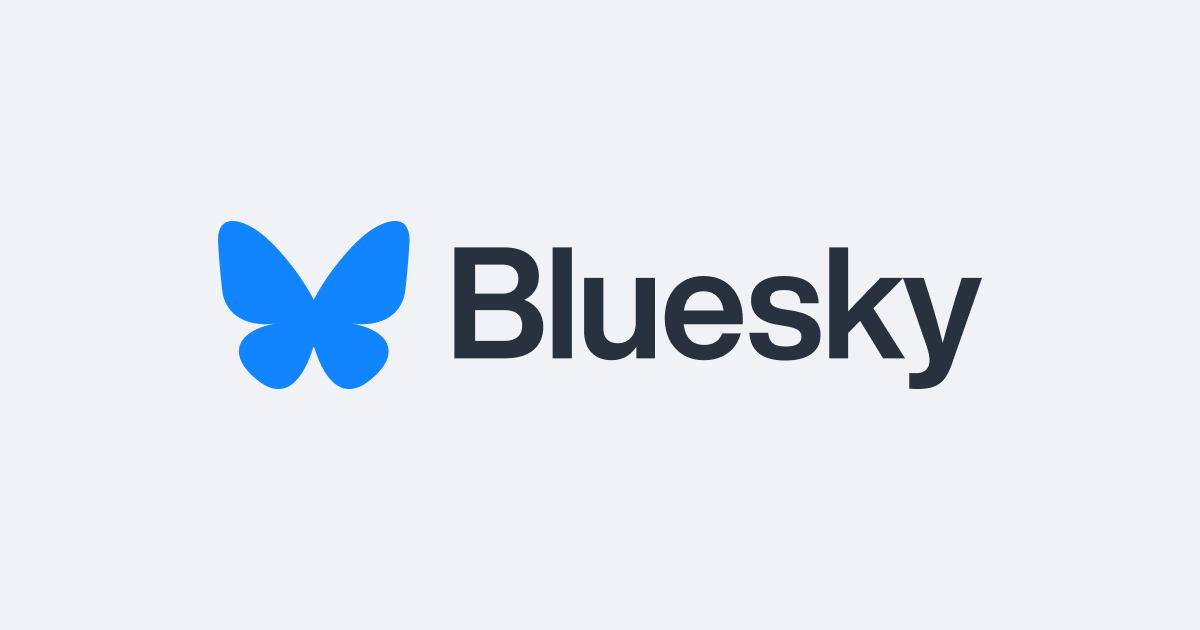

Appreciate the adjustments and responsiveness! Gave it another try after this and the different formatting hit the spot! Still need to use more to see more finely tuned results, but dig the idea.
Also as others have already said plenty, would be cool to see this cleaned up for an open source release. If you’d like to see how some others are handling a sorta similar idea but with RSS feeds, you might look to Nunti for ideas on how to approach it.


This is buried toward the bottom of the release notes so I’m bringing it up here:
Any admins out there considering changing their instance sort settings or asking people on their instance if they’d like this changed, given that we can individually set sorting anyway? Taking into account the inclination of people to never adjust default settings (I remain deeply curious about this tendency, as an aside), I think it might be worth at least bringing up to one’s instance community.
If they decide they want it to remain the same, all good, and even better, it raises some people’s awareness that they can change it themselves.